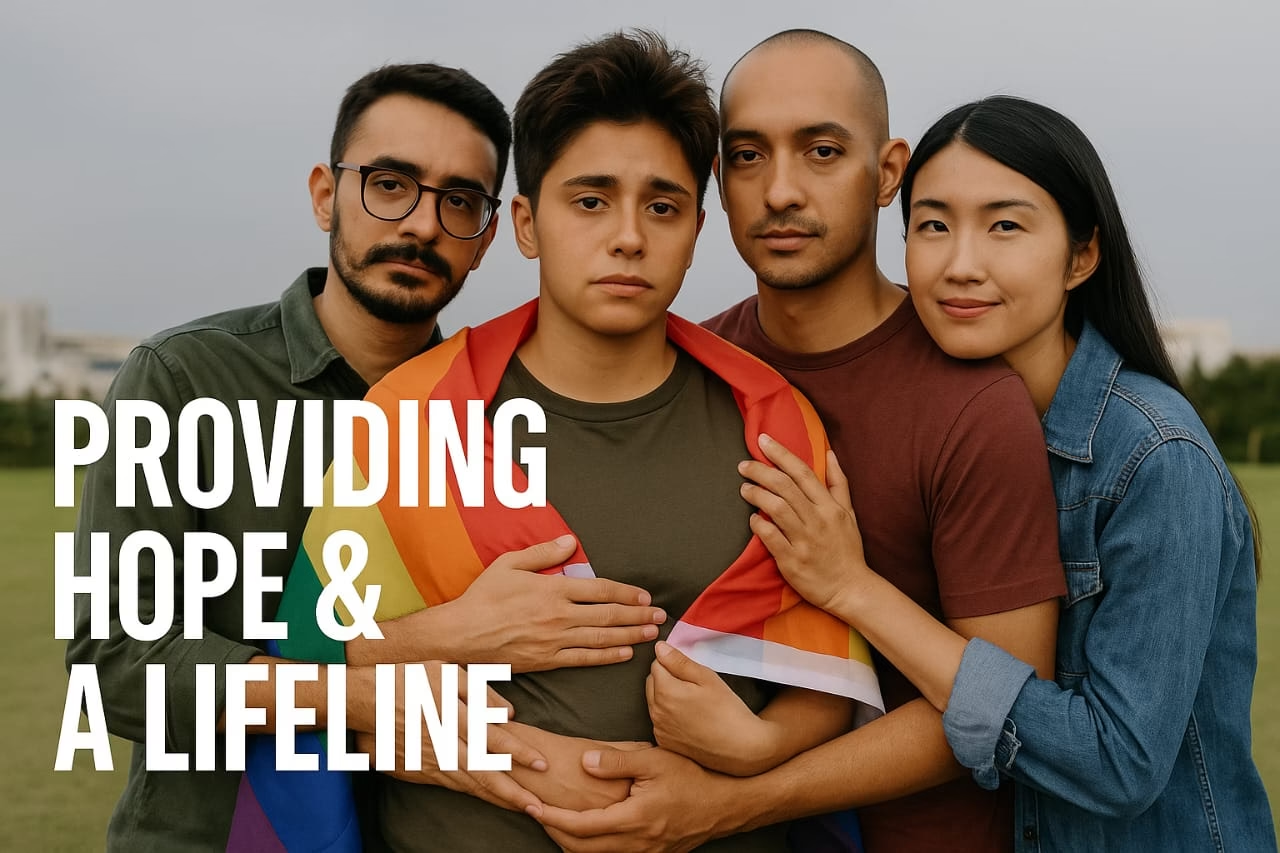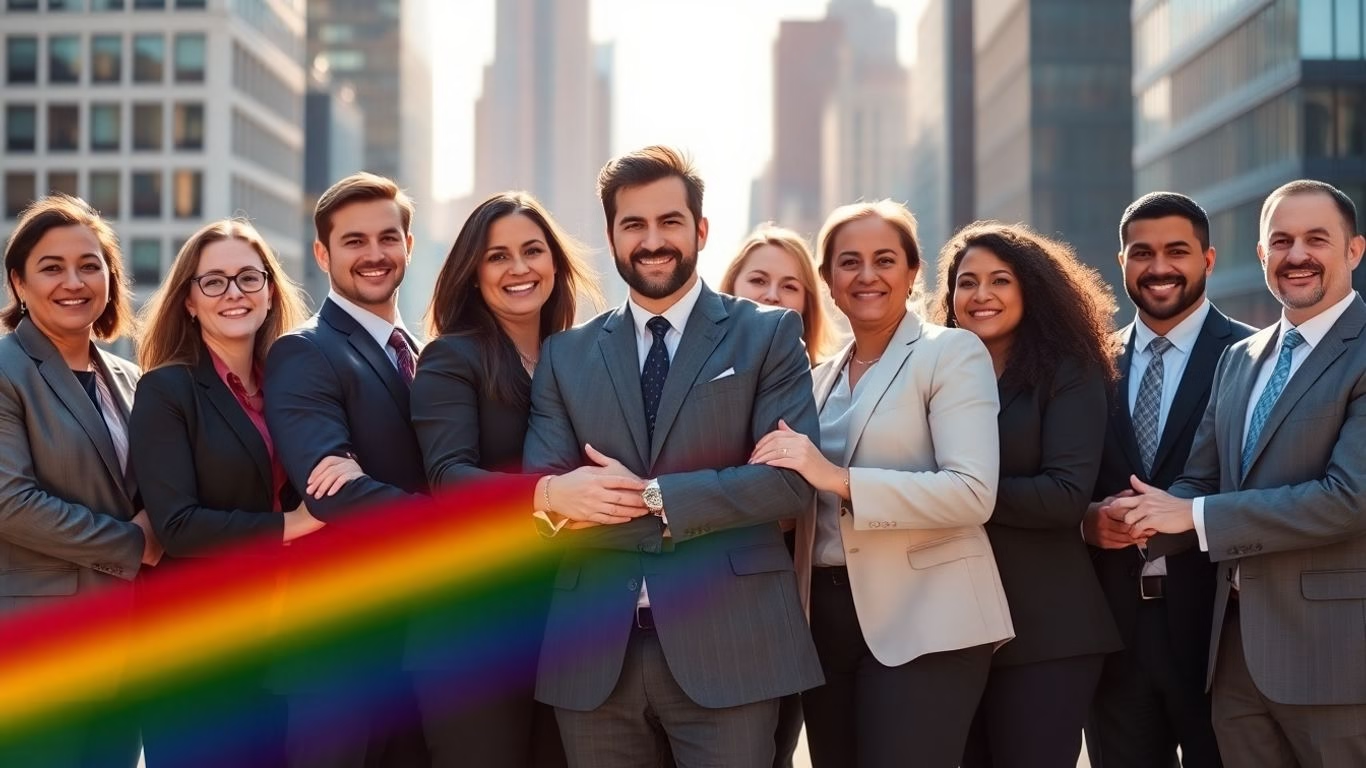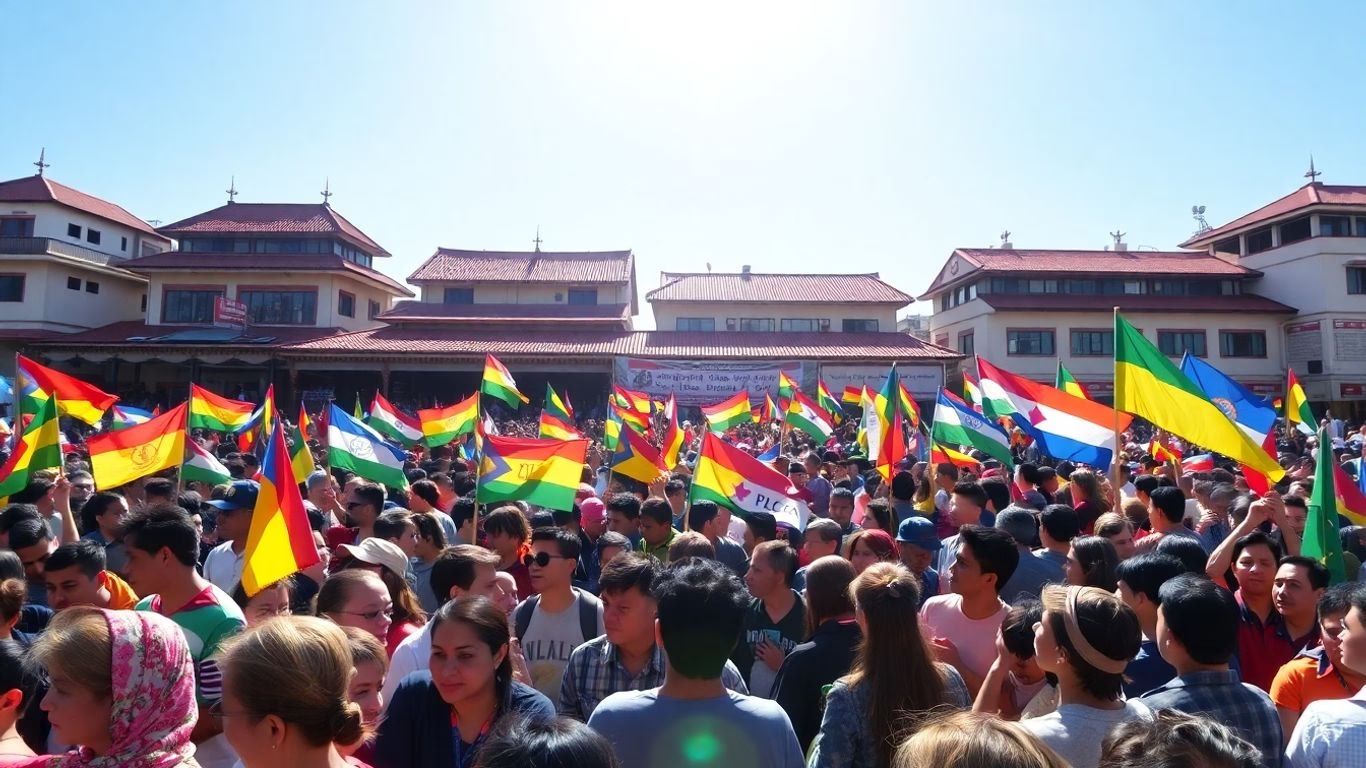Prepared by: SanctuaryNow.gay Advocacy & Data Team
Date: August 2025
Confidentiality: Public Release – Verified Data Sources
Executive Summary
This report examines the legal, social, and humanitarian conditions faced by LGBTQ individuals in Muslim-majority countries where same-sex intimacy is criminalized. It draws from recent reports by the Human Dignity Trust (2024), Amnesty International (2024), ILGA World State-Sponsored Homophobia Report (2024), and field data from SanctuaryNow.gay rescue operations.
Between January 2024 and July 2025, SanctuaryNow.gay received 312 verified emergency requests for rescue, of which 81 resulted in full extraction and relocation to safe locations. The remainder required temporary local shelter, relocation within the same country, or legal aid.
1. Legal Context
In 11 Muslim-majority countries, same-sex intimacy carries the death penalty either by law or de facto enforcement:
- Iran
- Saudi Arabia
- Yemen
- Somalia
- Nigeria (Northern states under Sharia law)
- Afghanistan
- Mauritania
- Pakistan (rarely enforced but legally possible)
- UAE (discretionary)
- Qatar
- Brunei
Punishments include:
- Execution (public or private) – documented in Iran, Saudi Arabia, Somalia
- Imprisonment (up to 14 years in Nigeria, 10 years in Malaysia)
- Flogging & corporal punishment (Sudan, Aceh Province in Indonesia)
Source: Human Dignity Trust, 2024; ILGA World, 2024
2. Key Threat Drivers
- State-led persecution: Police raids, entrapment via dating apps, mass arrests.
- Non-state violence: Vigilante mobs, extremist militias, family “honor” killings.
- War & instability: Armed conflict in Yemen, Syria, and Afghanistan intensifies targeting.
- Surveillance technology: Facial recognition and cyber-monitoring in Gulf states identify suspected LGBTQ individuals.
3. SanctuaryNow.gay Field Impact (2024–2025)
| Category | Number of Cases | Notes |
|---|---|---|
| Direct extraction & cross-border relocation | 81 | Includes 12 via UNHCR coordination |
| Emergency shelter (local) | 142 | Average stay: 3–14 days |
| Legal & documentation aid | 67 | Passport issuance, asylum prep |
| Medical treatment during hiding/transit | 45 | Includes post-torture care |
Gender & Identity Breakdown:
- 57% cisgender men
- 32% cisgender women
- 8% transgender individuals
- 3% non-binary or other identities
4. Case Spotlights
Adamu – Northern Nigeria (2025):
Arrested for “unnatural acts” after being seen with another man. Extracted to a safe house in Lagos within 48 hours. Now in contact with legal counsel for asylum.
Mina – Pakistan (2024):
Fled forced marriage to a male cousin after her lesbian relationship was discovered. Moved to a secure women’s shelter in Lahore, now awaiting refugee resettlement.
Omar – Yemen (2024):
Escaped mob threats during war. Extracted via coastal route and resettled in Europe.
5. Financial Transparency (2024 Expenditure)
| Category | % of Budget | Description |
|---|---|---|
| Direct Rescue Ops | 40% | Transport, flights, border fees, bribes in life-or-death cases |
| Safe Housing & Food | 30% | Shelters, meals, medical care |
| Legal Support | 20% | Asylum filing, translations |
| Communications & Security | 10% | Burner phones, GPS, encrypted messaging |
6. Gaps & Urgent Needs
- Rapid-response funding – life-saving interventions often require cash within 12–24 hours.
- Safe-house network expansion – current shelters at 140% capacity during peak crises.
- Legal advocacy – only 28% of rescued individuals currently have asylum representation.
7. Recommendations
- Increase donor emergency reserve to cover at least 30 high-cost rescues per year.
- Train local field partners in digital security to reduce risk of exposure.
- Expand legal partnerships with pro bono asylum lawyers in the US, UK, and EU.
- Advocate for humanitarian visas for LGBTQ persons in imminent danger.
Conclusion
The persecution of LGBTQ individuals in Muslim-majority countries is not sporadic — it is systemic, state-enabled, and often fatal. SanctuaryNow.gay operates as a last-resort safety net for those with nowhere else to turn.
With increased funding, legal backing, and international advocacy, we can significantly expand our rescue capacity — and ensure that when the next urgent call comes in, our answer will always be yes.





Leave a Reply